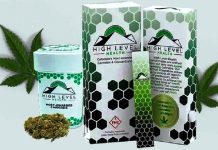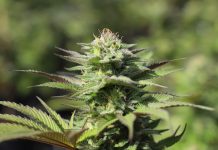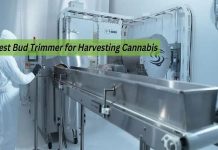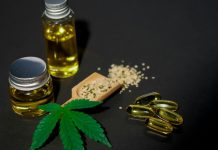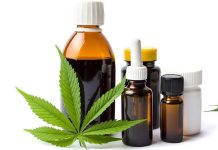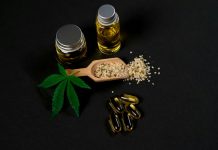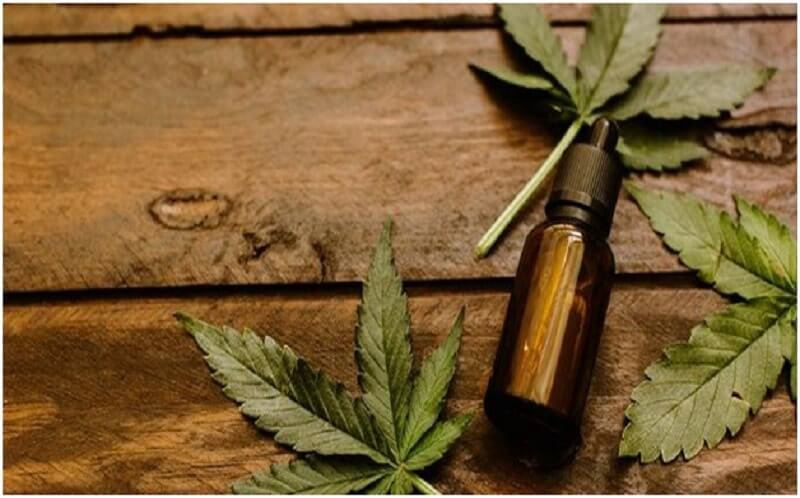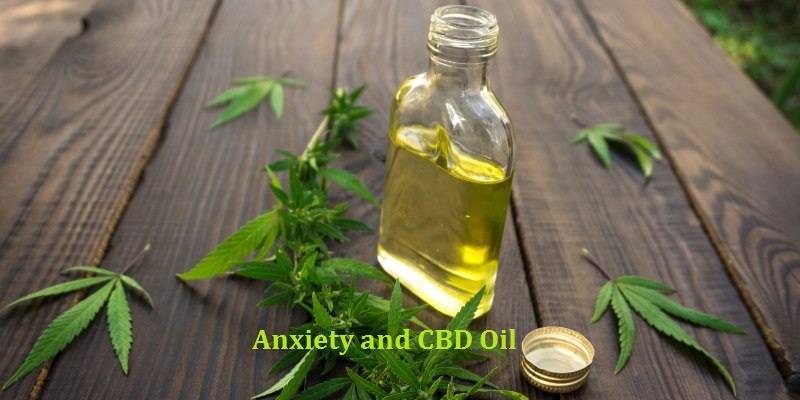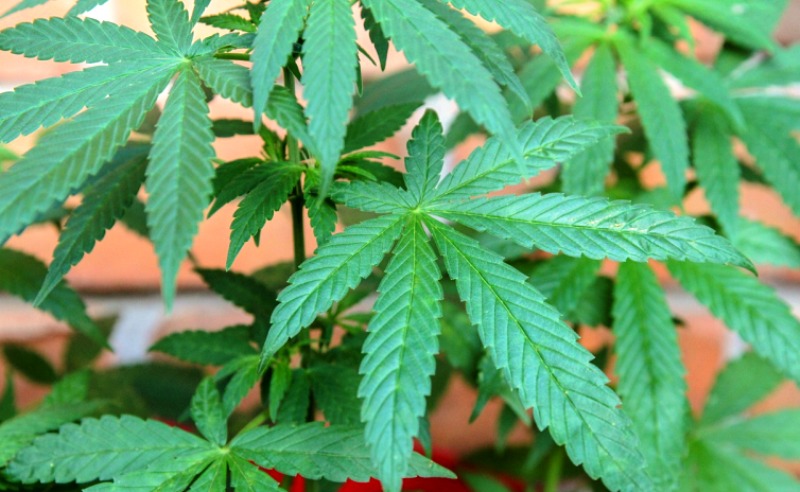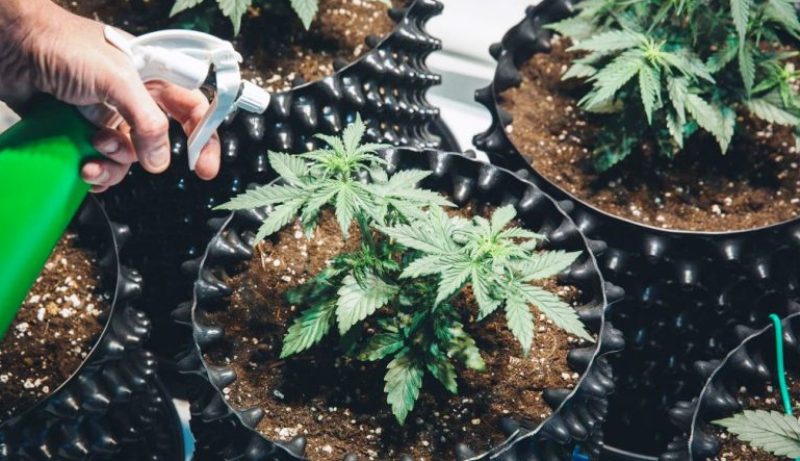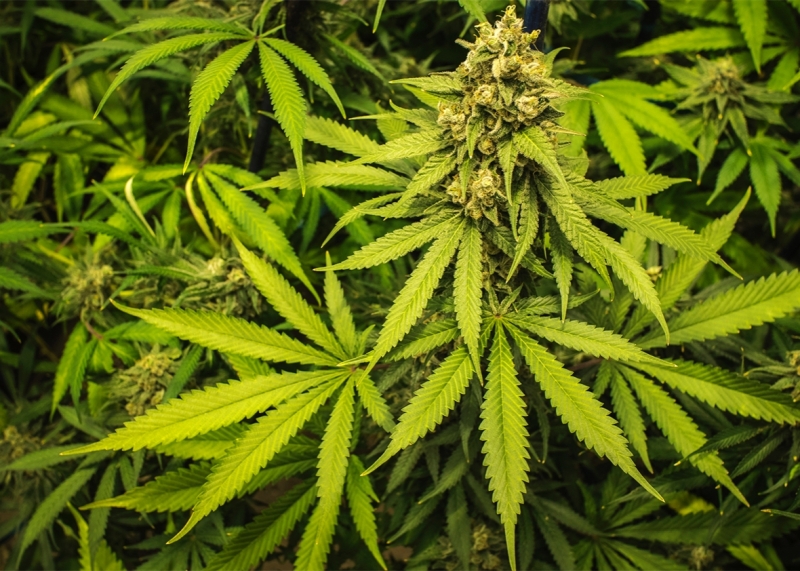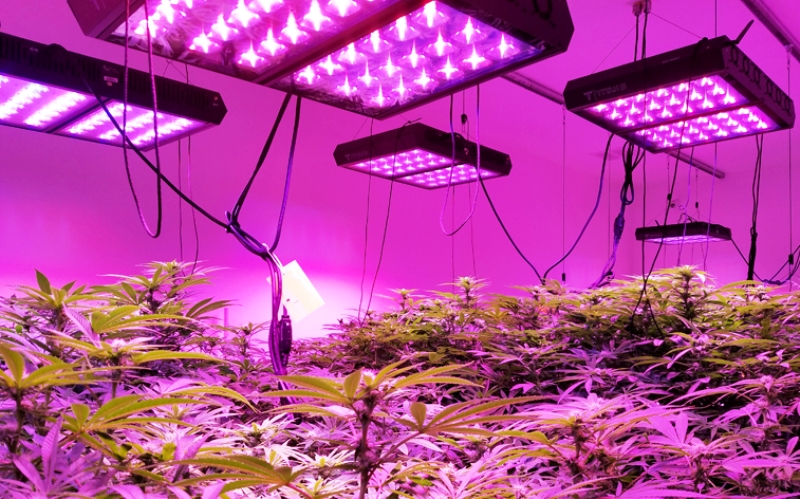Organic farming is natural farming. On the farmland, there is no residue left and avoid the contamination of chemical, soil, water, and air to promote soil fertility. The ecosystem and the environment are restored to a natural balance without the use of synthetic chemicals. If you look in terms of making with the use of natural materials, it seems easy.
Chemical fertilizer causes an imbalance in the minerals and physical properties of the soil so that the useful organisms in the soil are lost. This imbalance is even more dangerous when this happens and will cause continuous damage. The land has lost its ability to absorb minerals. The result is a lack of vitamins and minerals. Low life force results in a shortage of secondary nutrients in plants, weak plants, lack of immunity, and insect pests.
Light
For healthy vegetation, marijuana needs more than 12 hours of light a day. In indoor, you can control this with programmers. Outdoor germination will have to wait for the time when plants can be exposed to more than 12 hours of light and receive at least 8 hours of direct sunlight each day.
Culture Medium
Organic growers will be limited to using certain types of substrate, either indoors or outdoors. However, the substrate is not the only alternative. There are neutral media that depend completely on the contribution of fertilizer, such as coconut fiber, perlite, vermiculite, or rock wool.
Air and Water
To grow organic weed stronger and perform appropriate gas exchange, cannabis needs fresh air in motion. Outdoors this is not a problem. Your plants will be exposed to breezes and currents. Indoors, your crop will need a fresh air inlet, an outlet, and a fan to generate movement. Like any living being, cannabis needs water to grow, thrive, and perform its biological functions. If you live in a region with frequent showers, your outdoor crop could receive everything you need exclusively from nature. Pure water is used to purge hydroponic systems and crops without substrate. The pH of your water is very important.
Temperature
Cannabis is a very robust plant that can withstand cold and heat well. However, like us, it can suffer stress and not work well at extreme values. Marijuana can be frozen or boiled completely. 27 degrees Celsius is the temperature that is considered ideal for vigorous growth. Indoors, this is easy to achieve with fans, air conditioning systems, heating, and heating mats.
Fertilizers
Like any living thing, cannabis also needs fuel to grow. A good mix of a substrate, loose and rich in compost, living organisms, vitamins, and minerals, can provide enough fuel for the entire life cycle of your plants. In hydroponic systems or neutral media, you must provide all the food your plants need with specific fertilizer mixtures. But do not forget that those who do will have to use high skills and diligence to improve the soil. Naturally, compared to the use of chemistry is easier and may make the operation looks more comfortable.
Humidity
Outdoors you will not really have any control over this variable and you will be at the mercy of the weather. Indoor humidity control is very important, from sowing to harvesting. The leaves absorb ambient humidity as part of their routine functions. Even in polyculture with complementary plants, your marijuana needs to satisfy all these needs to develop well and offer high-quality buds and resin-covered ones.
Organic farming is an agricultural activity that involves the use of green fertilizers and fertilizer for optimum crop rotation. This type of agriculture is nourished by the use of organic materials to improve cultivation techniques and maintain soil productivity. However, organic farming is not without its drawbacks either.
Conclusion: Advantages of organic farming
The economy of organic farming is characterized by increased profits through lower water consumption, lower spending on fertilizers, and increased retention of the topsoil. The growing demand for organic products makes organic farming a profitable option for farmers. Organic agriculture effectively addresses soil management and minerals. Even degraded soils, subject to erosion and salinity, are capable of feeding on micronutrients through crop rotation, intercropping techniques, and the widespread use of green manure.
Organic farming allows farmers to get rid of weeds without the use of chemicals. Organically grown plants are more tolerant to drought. The soluble salts in the cells of the plants affected by fertilizers are not able to osmotically extract enough water to keep the dilution safe, thus increasing the salt content. This level of salt reaches toxic levels and results in the death of the plants. The uses of green pesticides such as neem or tea compost are favorable for the environment and above all are not toxic. These pesticides help in the identification and elimination of diseased plants, which favors the increase of the systems of defense of the crops.






